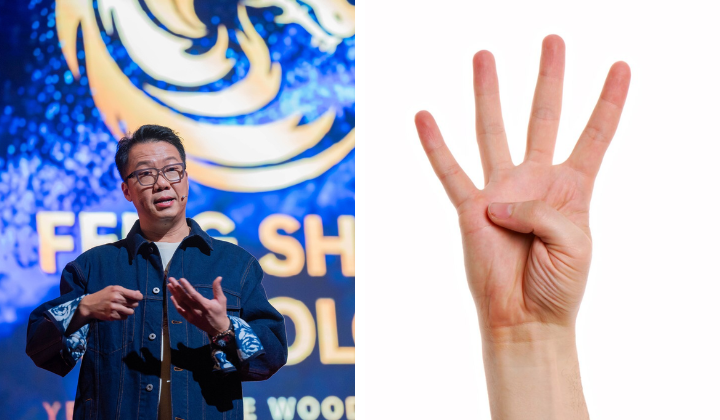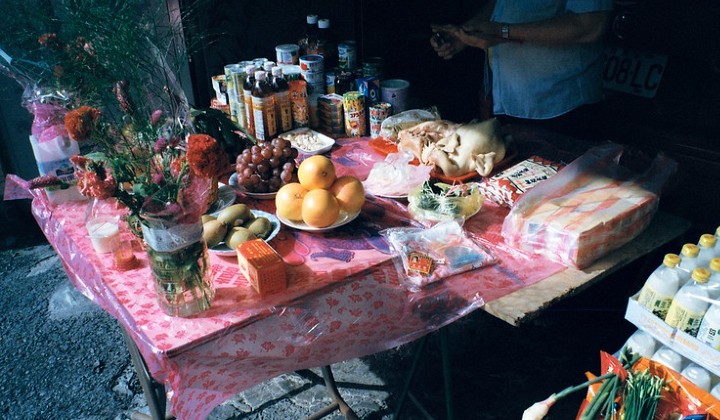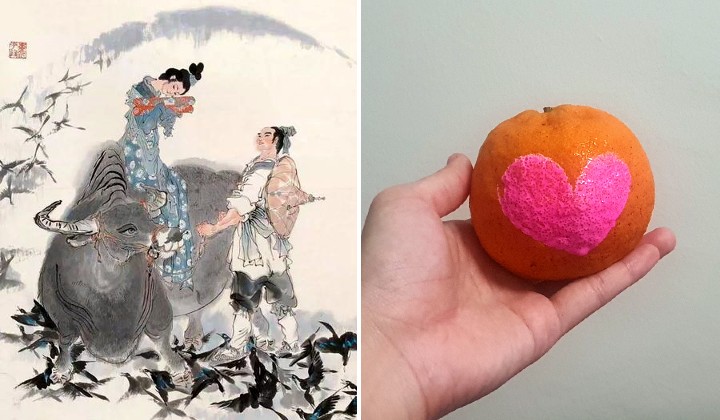Should You Be Afraid Of Or Celebrate The Hungry Ghost Festival?
There are two schools of thought during the Hungry Ghost Festival (in Malaysia, at least).

Subscribe to our Telegram channel for the latest stories and updates.
Even the term “Hungry Ghost Festival” sounds terrifying, doesn’t it? It conjures images of ghosts and spirits prowling the streets after dark, looking to snack on human vitality.
Although also commonly called the Ghost Month, the actual festival itself is only a single day, falling on the 15th day of the seventh month on the lunar calendar.
Yet, just like almost everything in life, the Hungry Ghost Festival is interpreted differently by different groups, and the way the “festival” is treated also differs.
In Malaysia, there are two main beliefs sprouting from Taoism and Buddhism.
Taoist Ghost Month
The Taoist understanding of the Ghost Month is most common in Malaysia. Taosim believes that the Gates of Hell are open during this time, with the lines between the living and the dead becoming blurred. Ghosts, spirits, and the dead are released into the living world in search of food and revenge.
This results in believers doing their best to appease the spirits roaming around the living world, such as watching what they say in fear of offense, burning paper money, leaving food out, and staying at home after dark.
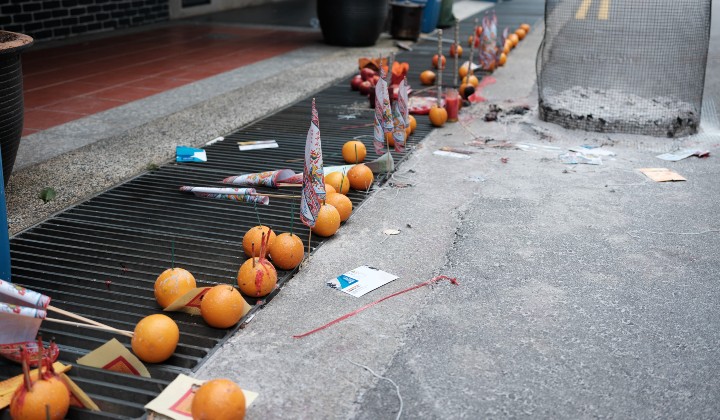
(Credit: Galen Crout/Unsplash)
The term “Ghost Month” also comes from the Taoist belief that for the entire seventh month on the lunar calendar, the gates of Hell are open. It takes 14 days for the gates to fully open, and will stay open for the one day of the Hungry Ghost Festival. After the festival, it will take the remaining 14 days to close again, which is why the entire process takes a full month.
Buddhist Ghost Month
Unlike Taosim, Buddhists do not see Ghost Month as a time to be fearful. Instead, for them, the seventh lunar month is a month for enlightenment, filial piety, and paying respects to the dead.
One of Buddha’s pupils, Maudgalyayana (aka Mulian in Chinese), descended to Hell to save his mother. Due to her karma, she was trapped in Hell and could not be reborn in the Human world.
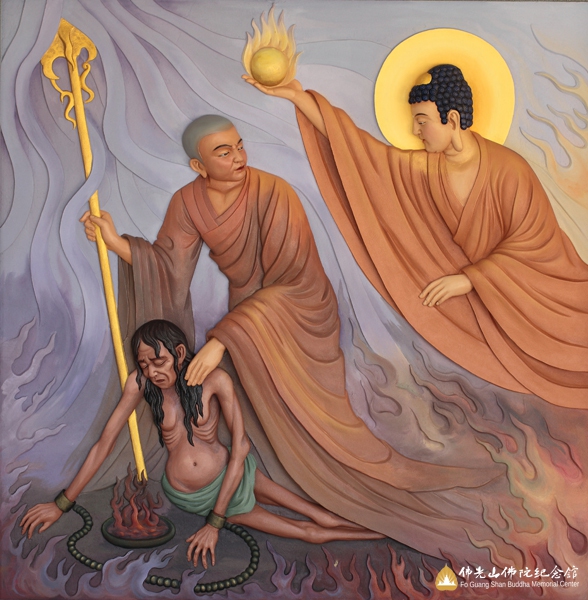
(Credit: FoGuangShan)
He saw her great suffering in Hell, and even when he tried to give her food, it turned into coal which burned her. Deeply saddened, he returned to the Human world without her and asked Buddha for help.
Buddha said that he cannot rescue her from Hell, but Mulian can try to transfer his (good) karma to her so that she may end her suffering earlier and be reborn into the Human world. Mulian chose the 15th day of the seventh lunar month to offer food and drinks to monks and monastries, and then transfer that good karma to his mother to lighten her karmaic debt.
This began the culture of offering food and prayers for departed family members on that Ghost Festival to relieve their suffering– even just a little.
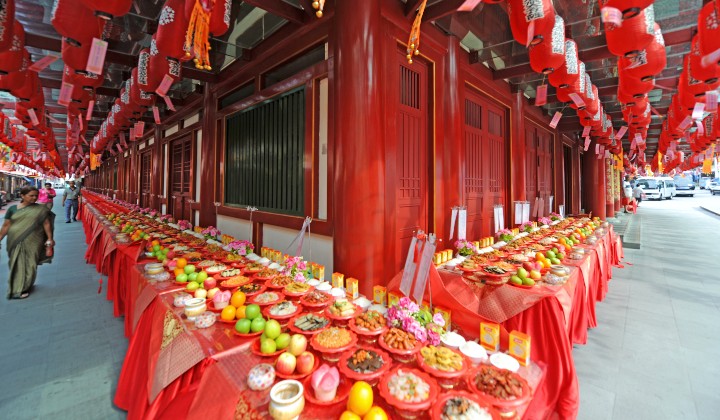
(Credit: Envato)
Whether or not you believe the ghosts are out to get you, one thing’s for sure– stay home and stay safe during this time!
Share your thoughts with us via TRP’s Facebook, Twitter, and Instagram.
Anne is an advocate of sustainable living and the circular economy, and has managed to mum-nag the team into using reusable containers to tapau food. She is also a proud parent of 4 cats and 1 rabbit.

